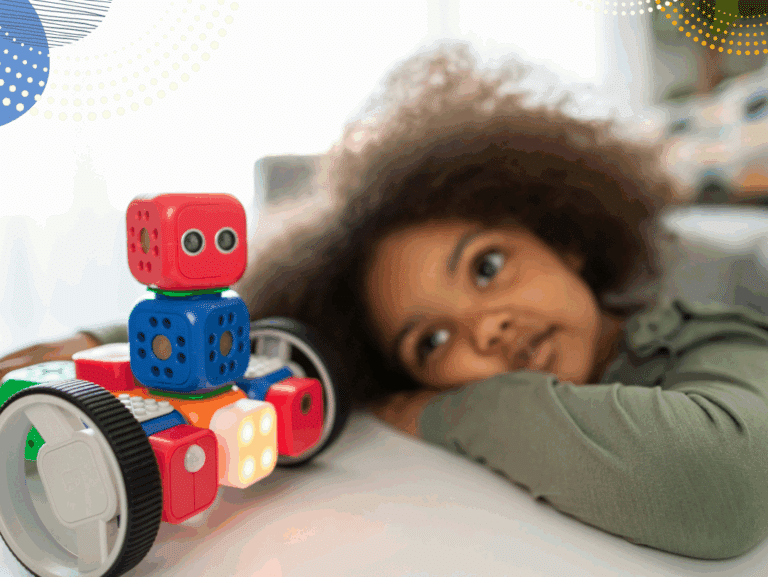Parenting on autopilot
Parenting is not something that anyone gets completely right. Like everything else, we learn how to do it by getting it wrong. (Just, hopefully, not too wrong). And there are some common traps that parents frequently fall into – I call these parenting holes. All parents fall into a parenting hole at some point or other.
One of these parenting holes is parenting on autopilot. When you are physically there but your mind is well and truly on other things. Present, but absent.
Maybe you are in the house but just too busy with other things to interact with your child. Maybe you are at the park, even pushing your child on a swing, but your head is in your phone and you’re not really listening to anything your child says. Or maybe you are just tired. Or locked inside your own head and worries. You are physically present, but you are not in any meaningful way available to your children. You are parenting on autopilot.
Being a parent can be really hectic, especially if you are a working parent. When you get home is when the hard work starts. Children need to be fed and washed and read to. There are spellings to learn, clubs to attend, grass to mow, food to buy, phone calls to make, clothes to wash, the list is endless. And when your child wants a piece of you, it’s easy to say “Not now, I’m busy.” Or just nod half-heartedly through the encounter.
But what are we signalling when we do that? Our children quickly learn that we are unavailable to them emotionally. That they need to shout or escalate their behaviour to be noticed. That watching the cricket is more important than listening to them. That connecting with them is not valued.
And it’s not just children who miss out. Parents lose too. When parents are parenting on autopilot, we miss all our children’s subtle cues, those little signals that help us understand them, how they think and what they are feeling. We miss out on the richness of that relationship and risk backing ourselves into a joyless childminder role. We miss out on the release that comes from playfulness and being in the moment.
So the next time your child badgers you when you are washing up, catching up on work or otherwise distracted, stop and pay them attention. Just for a few minutes. Engage with them. Answer their question. Look at what they are showing you. Laugh at their joke. Just for a few minutes (I know you are really busy). Then send them off on a mission to do/find/play with something. And you can get back to what you were doing. But you will have established a connection and signalled to your child that they matter.
Parenting on autopilot means our children are safe and supervised and their physical needs are met. But not much more. If you aspire to a richer family life, it’s a parenting hole you don’t want to spend too much time in.







Leave a Reply